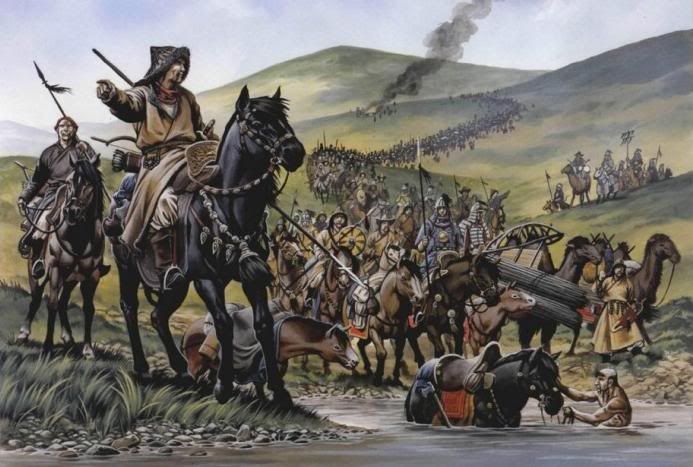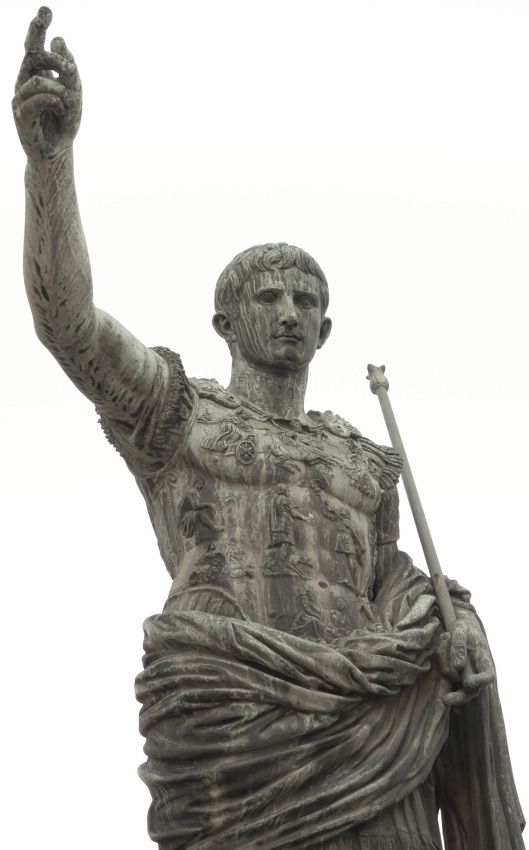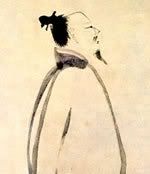Interview with the Pope after the Great Schism.
Q: What caused the Great Schism in 1054?
A: A disagreement between the ideas of political and theological ideas was the main reason the Great Schism happened.
Q: What were the major effects of the Great Schism?
A: The Great Schism made two different societies with two different religions. The West being catholic, the East, Orthodox.





















 Mike Wood/Mr. Carlton (World History Bros)
Mike Wood/Mr. Carlton (World History Bros)